It’s official: people on average incomes cannot afford to rent on the northern beaches
RENTAL CRISIS: Every northern beaches suburb is now officially unaffordable for renters on an average household income, while low income households in other parts of Sydney are spending up to 94 per cent of their income on rent.
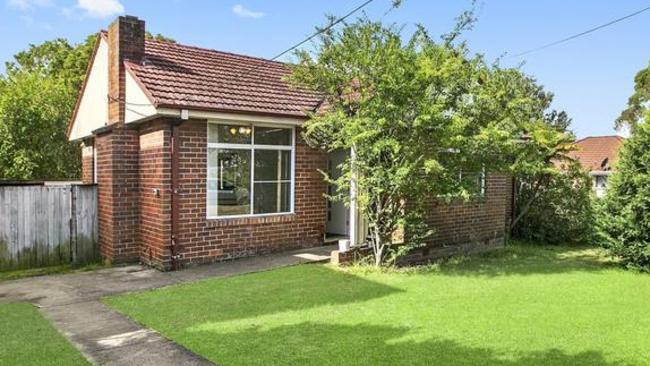
Manly
Don't miss out on the headlines from Manly. Followed categories will be added to My News.
EVERY northern beaches suburb is now officially unaffordable for renters on an average household income, a new national report has found.
Some suburbs are worse than others, with property data revealing a dozen suburbs where weekly house rents account for 50 per cent or more of its median household income.
And it is not just the more expensive suburbs that are affected, with traditionally lower-cost areas also falling into that category.
The suburbs include Balgowlah, Bayview, Clareville, Curl Curl, Dee Why, Fairlight, Freshwater, Manly, Manly Vale, Narrabeen, Narraweena and Palm Beach.
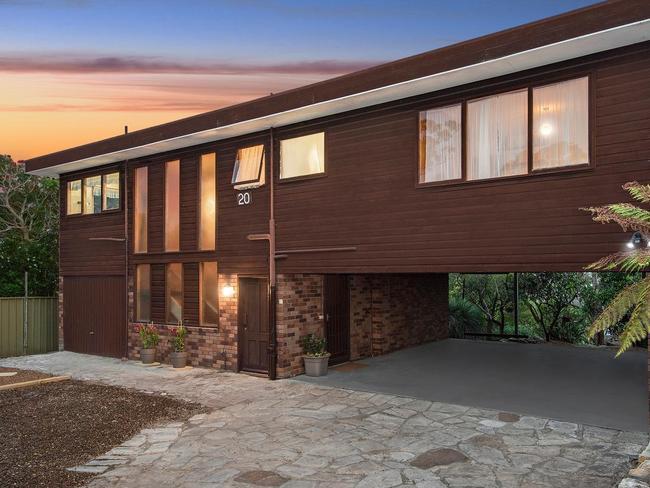
But the northern beaches is not alone. The May Rental Affordability Index released by National Shelter, Community Sector Banking and SGS Economics and Planning this week, showed some low income households in other parts of Sydney were spending up to 94 per cent of their income on rent.
READ:
Affordable housing for nurses proposed
Fears of overdevelopment around hospital
Mayor calls for development freeze
National Shelter executive officer Adrian Pisarski — also a former resident of the northern beaches — said rental affordability had been a problem on the peninsula for decades.
“There’s nothing, absolutely nothing — even at household income of $100,000, which is more than the average Sydney (household) income ($96,000),” he said.
“There’s nothing on the peninsula and that’s even for a two-bedroom unit.”
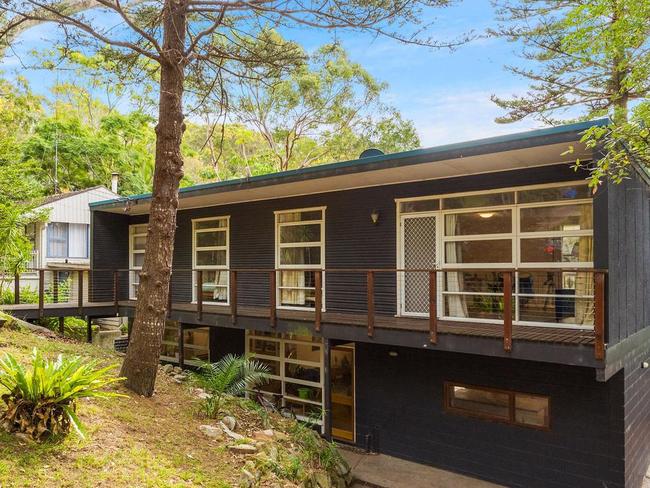
Mr Pisarski said while the northern beaches was faring better when it came to affordability than some other parts of Sydney, like the CBD, the eastern suburbs and the north shore, the issue would have a significant impact on the ability for businesses to attract and retain low-income workers.
These include hospitality, tourism, retail and childcare.
“Businesses are really going to suffer,” he said. “It’s not just a welfare issue, it affects the workings of the economy.
READ:
The northern beaches’ growing pains
Abbott vents over overdevelopment
18 % population growth for northern beaches by 2036
“We know this has been a problem all over Sydney. We refer to Sydney as a basket case really in terms of housing affordability.”
The northern beaches hasn’t always been unaffordable, Mr Pisarski said.
“Sixty years ago the northern beaches started out as an affordable area for working people,” he said.
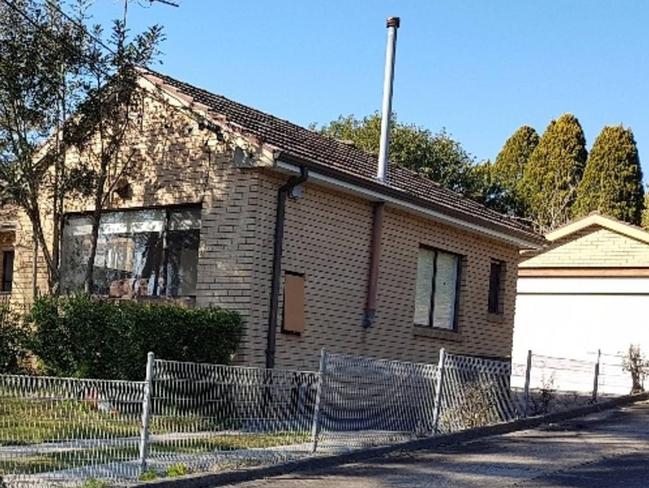
“It’s now become a lot more exclusive, and a very desirable place to live.”
He said a national housing strategy was urgently needed to address affordability issues, and it would need bipartisan support. State and Federal governments would need to work together to address issues like stamp duty, capital gains and land taxes, and the redevelopment of existing public housing estates.
There also needed to be more investment in social and low-cost housing.
“Nothing short of a national housing strategy can do the job,” Mr Pisarski said.
“It’s taken us 25 years to dig this great big hole, it’s likely to take 10 to 15 years to find a path out of it.”
Supply is also an issue, especially for families needing an affordable stand-alone house.
According to realestate.com.au, there are currently more than 1000 properties available to rent on the northern beaches. Of these, less than 280 are three-bedroom houses, and less than 50 of those have a weekly asking rent of $800 or less.
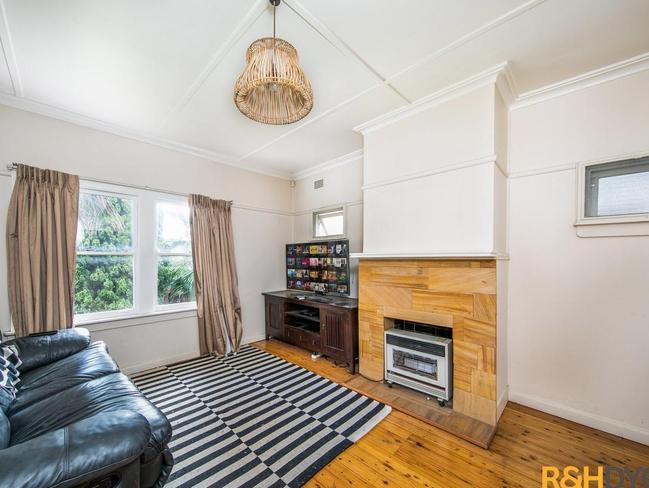
Market Trends data from CoreLogic and the Australian Bureau of Statistics Census data provides individual rental and income information on all northern beaches suburbs. This data paints a worrying picture for families on low or average incomes wanting to rent a house on the peninsula.
CHECK RENTALS IN YOUR SUBURB:
The suburbs with an asterisk are those where the weekly rent is 50 per cent or more of the median household weekly income):
Allambie Heights: $990 (median asking weekly rent for a house); $2229 (median household weekly income)
Avalon Beach: $965; $2137
*Balgowlah: $1295; $2261
Balgowlah Heights: $1665; $3726
*Bayview: $1100; $1476
Beacon Hill: $885; $2369
Belrose: $1050; $2117
Bilgola Plateau: $898; $2399
Brookvale: $750; $1822
Church Point: $1100; $2590
*Clareville: $1250; $2250
Clontarf: $1598; $3744
Collaroy: $1045; $2115
Collaroy Plateau: $875; $2274
Cromer: $883; $1998
*Curl Curl: $1350; $2693
Davidson: $850; $2630
*Dee Why: $895; $1716
Duffys Forest: n.a.; $3274
Elanora Heights: $928; $2461
*Fairlight: $1350; $2620
Forestville: $880; $2151
Frenchs Forest: $880; $2514
*Freshwater: $1400; $2268
Ingleside: n.a; $2170
Killarney Heights: $1250; $2590
*Manly: $1448; $2449
*Manly Vale: $1000; $1959
Mona Vale: $923; $2001
*Narrabeen: $950; $1582
*Narraweena: $795; $1577
Newport: $975; $2066
North Balgowlah: $1250; $3119
North Curl Curl: $1200; $2768
North Manly: $1013; $2571
North Narrabeen: $800; $2177
Oxford Falls: n.a.; $2250
*Palm Beach: $1300; $2111
Queenscliff: n.a.; $2348
Scotland Island: n.a.; $1800
Seaforth: $1400; $3384
Terrey Hills: $925; $2391
Warriewood: $1000; $2160
Whale Beach: n.a.; $2250
Wheeler Heights: $900; $2274
